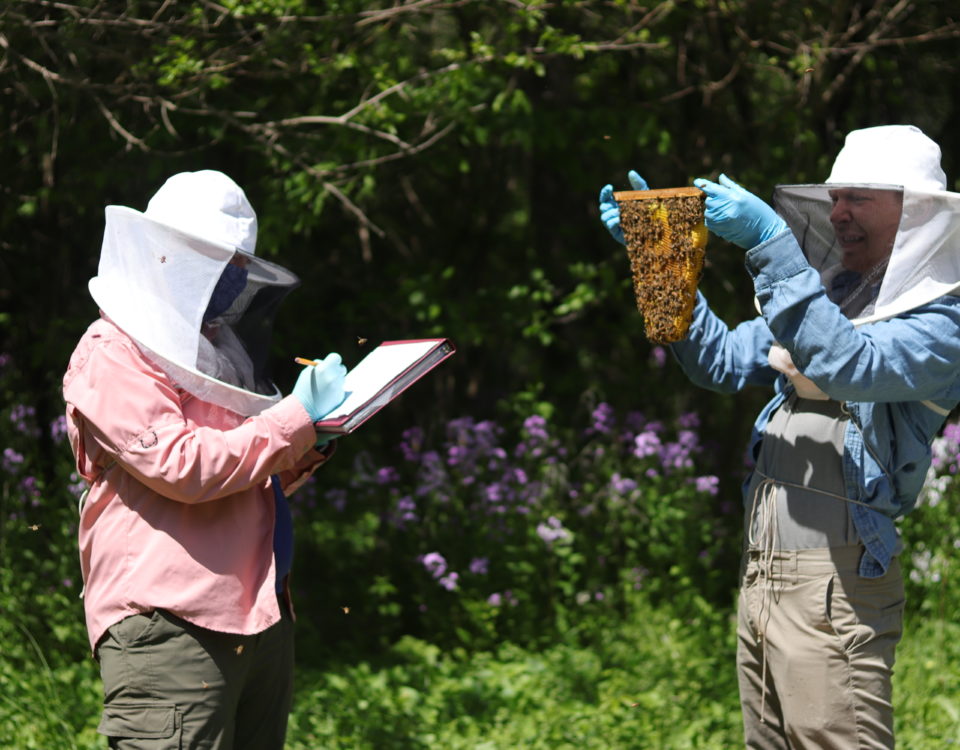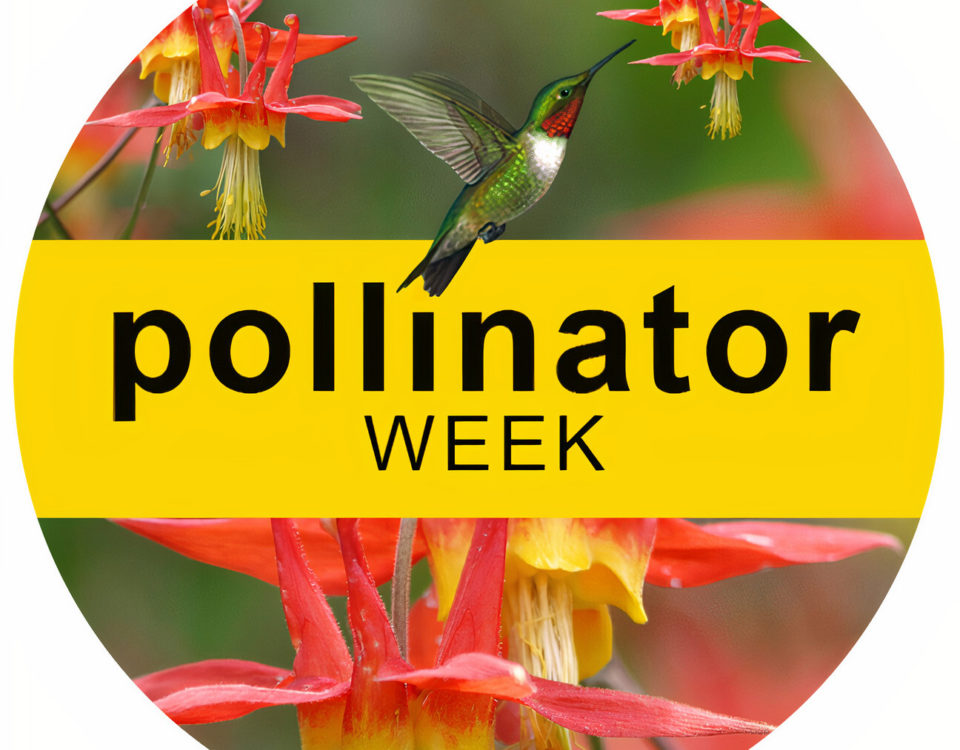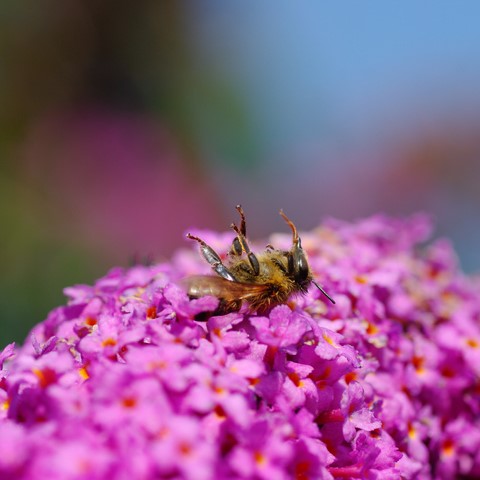- All-In-One Beekeeping for the Bees
- +1-608-728-8233
- info@beepods.com
Why Urban Gardens are the Safest Places to Keep Bees

Beepod at Core El Centro

Beepod on the roof of Braise
Why is Urban Gardening Becoming So Popular?
In the past few years, urban gardening has skyrocketed in popularity. There are many reasons behind this. First and foremost, more and more people are wanting to know where their food comes from, and by growing it themselves, they are guaranteed to know exactly what chemicals are (and aren’t) in their food. Because many of these people live in cities, they’ve had to plant gardens in their backyards, on their roofs, or in community gardens.
This form of gardening is also more popular because it’s a great family activity. It gets kids out in the sunshine, and teaches them about how plants grow and where their food comes from. It also allows them to have a sense of accomplishment when those tomatoes or strawberries they planted are ripe and ready to pick.
Growing your own food is also a great way to save money. While you do have to wait for it to grow instead of having it readily available at the grocery store, it is far cheaper to buy a packet of seeds than an individual vegetable.
How Will Urban Beekeeping Benefit Urban Gardens?
So what does urban gardening have to do with beekeeping? Well, we all know that bees pollinate plants, which helps them to flourish. This is why having a few bees around can benefit every garden! Even if one person keeps a hive, all of the gardens within that hive’s radius will reap the benefits.
Having a hive at a community garden is also great, because it will help the entire garden, and it can serve as a sort of “pet” for everyone with a plot in the garden. Going in on a hive as a group also cuts down on the costs of purchasing equipment, as well as the time that each person would need to dedicate to the hive. And, if there are many people involved in the care of the hive, it serves as a great way for community members to get to know each other!
So… Why Are Urban Gardens Safer For Bees?

Beepod on the roof of Core El Centro
Since urban gardeners typically aren’t producing en masse like traditional farmers, they are less concerned with pests. As a result, they are, for the most part, less likely to spray their plants with pesticides, which are extremely harmful to bees. With fewer pesticides around, bees are free to pollinate without the fear of becoming poisoned or bringing poisoned pollen back into their hives.
Another benefit of keeping bees in the city is the number of people that are around. The more people that are exposed to bees, the more people will learn about the importance of bees to our ecosystem. Humans are curious creatures, and if people see their neighbors keeping bees, they’ll probably ask questions, and maybe become interested in bees themselves!
On the subject of more people being around, we should also address a problem that has affected many beekeepers: vandalism. A benefit of being in an urban environment is that there is a higher probability of there being witnesses to any form of vandalism to a hive, which discourages some would-be vandals.
Vandalism is also curbed by the fact that many urban bee hives are located on roofs. It’s a lot harder to get to something when it’s several stories up in the air!
What Are Some of the Drawbacks?
In a city, bees may have more trouble locating a clean water source than they would in a more rural area. Out in the country, there are usually a few ponds scattered about, and possibly a river or stream. Cities are typically built around rivers, but sometimes they are so large that the water source may be outside of a hive’s radius.
Most water sources within cities are either covered, or not safe for the bees. For example, fountains are a common feature of cityscapes, but they are often treated with chlorine or other chemicals so that they remain “clean.” As a result, they are unsafe for bees. In more suburban areas, swimming pools are plentiful sources of water, but again, they are filled with chemicals that are toxic to bees.
Aside from clean water sources, you cannot rely on there being enough gardens around for your bees to pollinate. Or, if you put in your hive in a time when there were flowering plants aplenty, maybe the number of gardens has decreased over the years. Perhaps some people who had gardens in the past just didn’t have time this year. Maybe someone who used to garden moved, and the new tenants didn’t want to keep a garden. No matter what the reason, rural farming areas will always have more pollen availability than urban areas.
How Can You Account for These Issues?

Beepod at USM Riverside
While there are some problems with urban beekeeping, there are ways to overcome them.
You can plant your own pollinator garden, ensuring that there are plenty of pollinator-friendly plants for your bees. This way, even if your neighbors don’t have gardens, you will know that your bees will have a source of pollen and nectar.
You can provide your own water source for your bees so that they don’t have to go hunting for water. Fill a bucket with corks so that they form a single layer, and then fill the bucket with water. The corks will absorb the water, and the bees will be able to land on them and take as much water as they need without the fear of falling in and drowning.
Even if you are not the beekeeper of your neighborhood, you can do your part to help the local bees. You can plant a garden for your neighbor’s bees to pollinate, or provide them with a water source.
Final Thoughts
While it’s great to keep bees in urban, suburban, or rural environments, there are many reasons why keeping bees in an urban area is the safest for the bees themselves. Decreased risk of pesticide poisoning and vandalism are huge perks, and increasing the awareness of the bee population problem is another big tick in the “pro” column.
Devon Rowley
Latest posts by Devon Rowley (see all)
- Why You Should Purchase the Beepods Online Course - May 16, 2018
- Hive Alive Review - March 16, 2018
- Nucleus Colony or Packaged Bees – Which is right for you? - March 13, 2018



